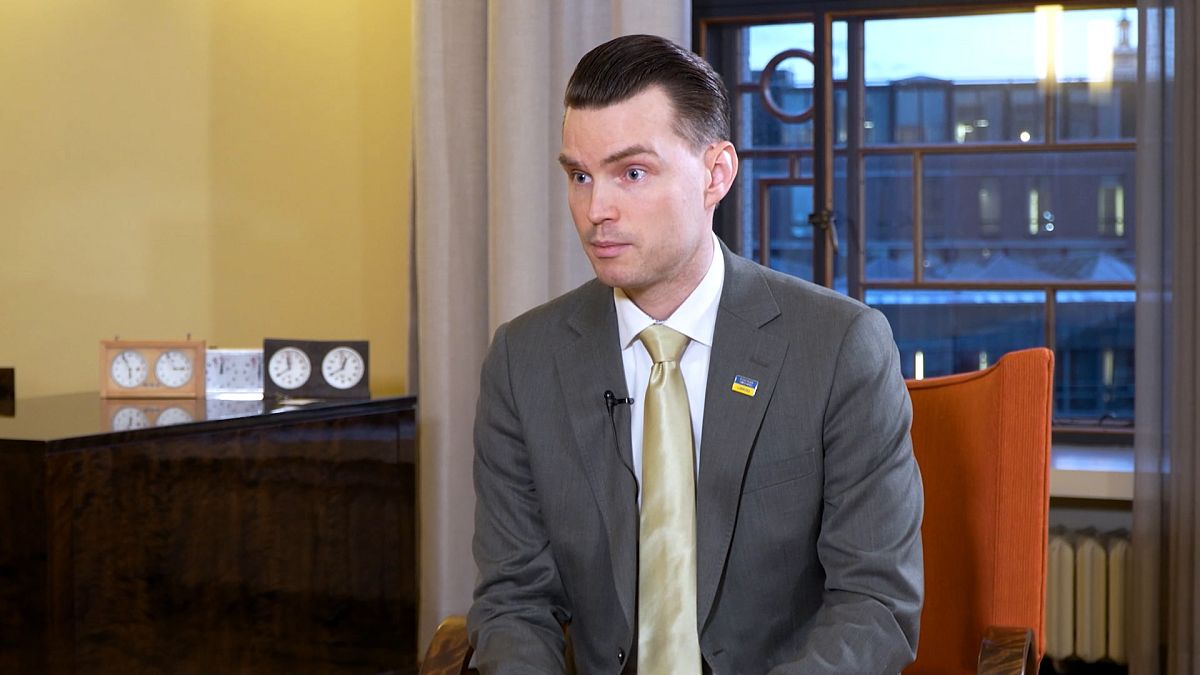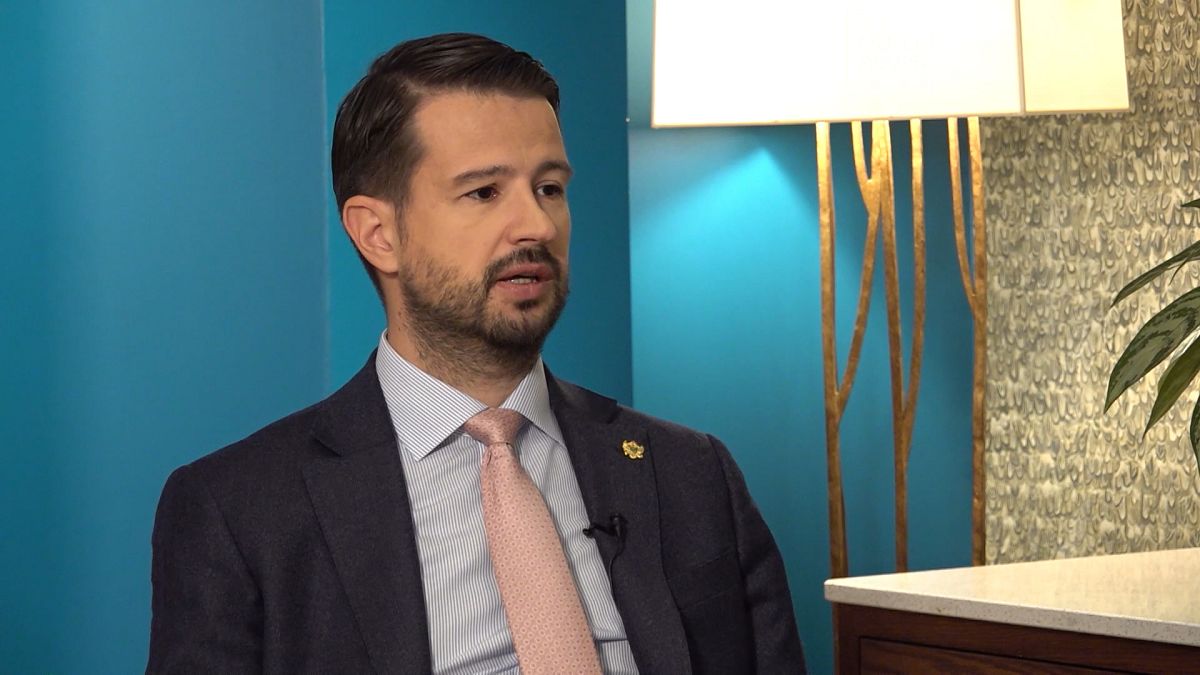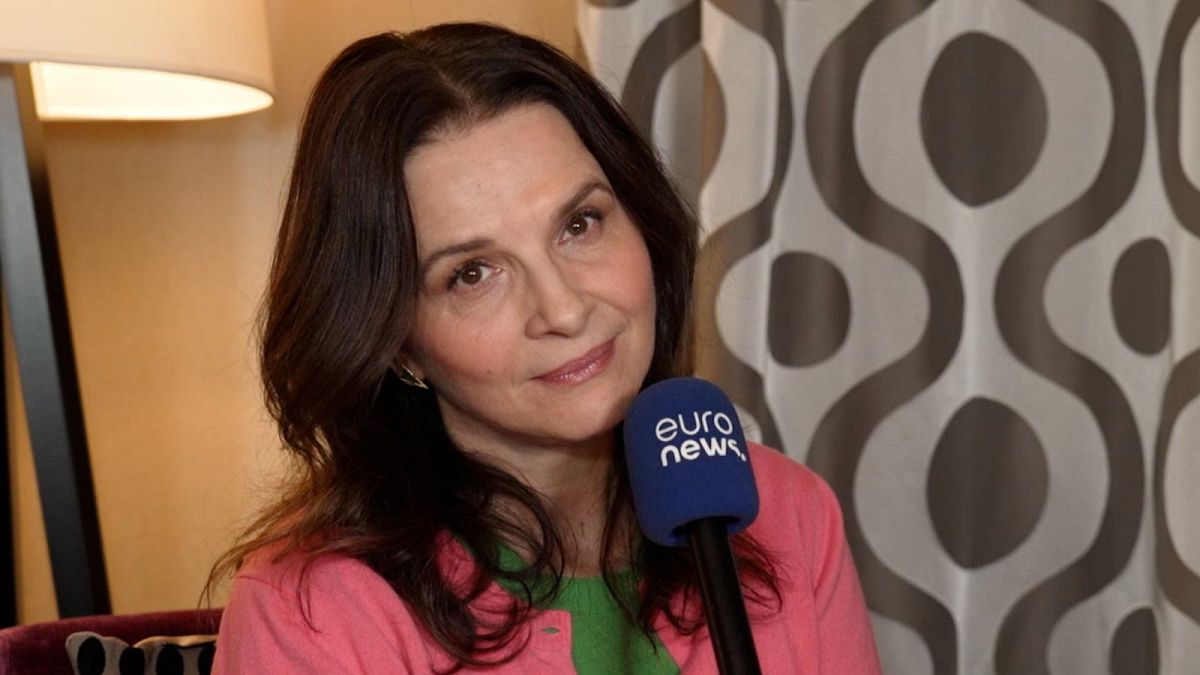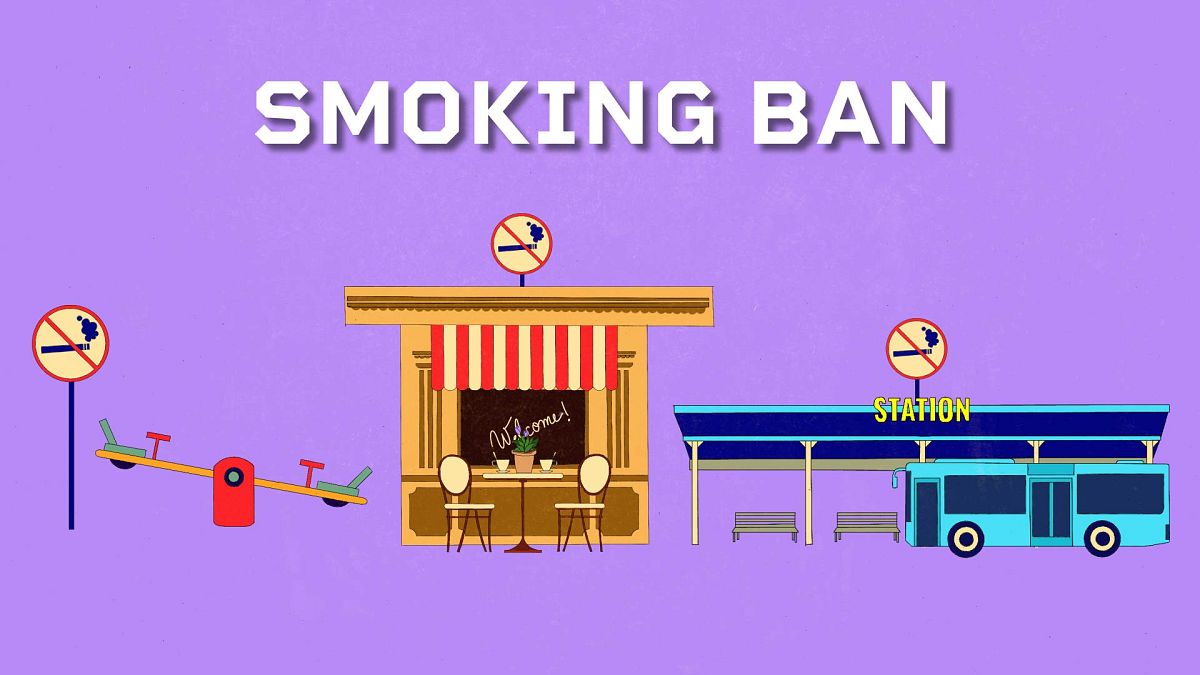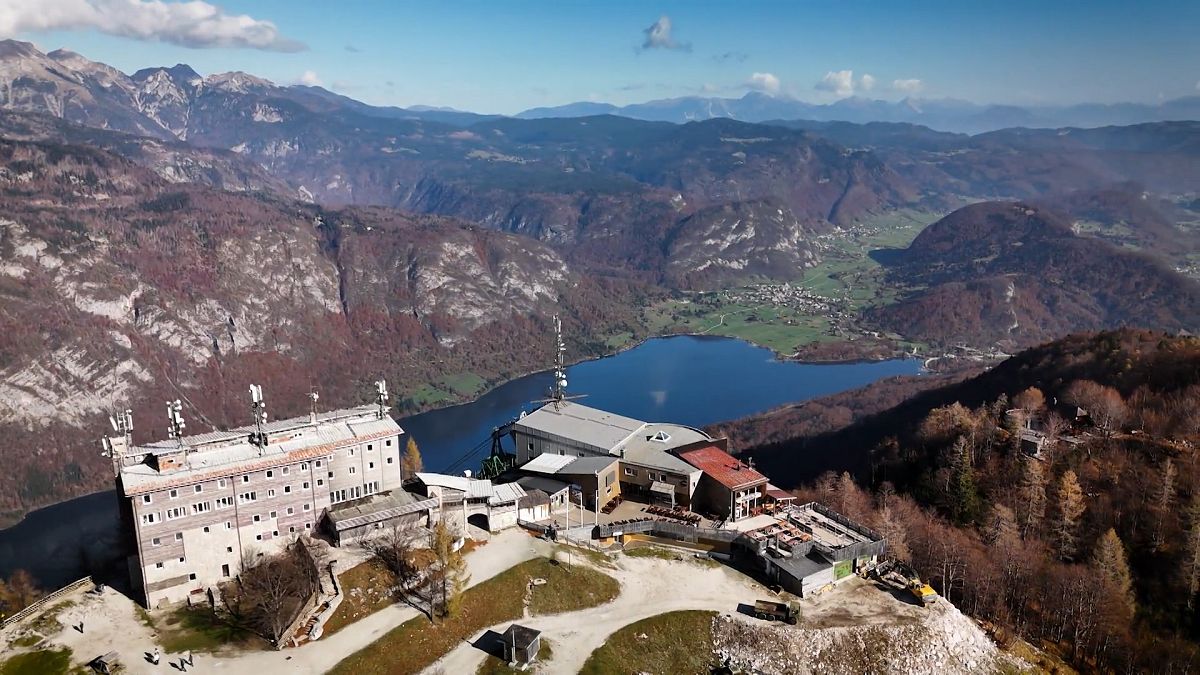Green recovery in Ukraine is a strategic imperative for the EU

The opinions expressed in this article are those of the author and do not represent in any way the editorial position of Euronews.
Support for Ukraine’s efforts in addressing the environmental consequences of the war has to be within the bigger framework of Ukraine’s EU accession process, Margot Wallström, Heidi Hautala and Virginijus Sinkevicius write.
Two years of brutal, full-scale invasion by Russia has inflicted severe environmental damage on Ukraine, impacting the country’s rich biodiversity, contaminating land and water resources, and posing a direct threat to public health and safety.
Addressing these challenges is crucial for the environment, but also for the long-term peace, stability, and health of the European continent.
President Volodymyr Zelenskyy, in his 10-point Peace Plan, has rightly highlighted the immediate protection of the environment as a precondition for a just and lasting peace.
It is remarkable how committed Ukraine is to mitigating the long-term environmental impact of the war as much as possible.
Investment in Ukraine, a model for other European countries
A High-Level Working Group recently formulated a possible way forward in a document titled “An Environmental Compact for Ukraine.” The document brings a comprehensive set of recommendations and lays out a roadmap for Ukraine’s environmental recovery, highlighting the intertwined fates of ecological sustainability and regional stability.
The EU has a fundamental role to play in this and it can demonstrate its commitment to environmental stewardship and strategic geopolitical engagement by supporting Ukraine in these efforts.
Next week, the European Parliament is expected to approve the long-waited €50-billion support mechanism for Ukraine. With proper implementation, the multi-year Ukraine Facility can serve as a model on how to address environmental destruction caused by war and support sustainable recovery.
At its best, the Ukraine Facility can help to set Ukraine on a path to a green, net-zero economy. Supporting Ukraine’s transition to a green economy is a chance for the EU to foster innovation, green technology, and sustainable practices in a region critical to its strategic interests.
Investments in renewable energy, sustainable agriculture, and green infrastructure in Ukraine can serve as a model for other European countries, particularly those on the path to EU membership.
The environment is a silent victim of war
There is no doubt that the scale of the reconstruction effort will be massive. As long as the war rages on, the human and environmental costs will mount.
The urgently needed support of the Ukraine Facility is expected to mostly go to providing for the immediate budgetary needs of Ukraine, such as paying for the salaries of teachers, doctors and other essential workers.
Much more international support is needed for Ukraine to recover from the war, build back better and address the vast environmental damage caused by Russia.
Accountability is a key aspect of the work of the High-Level Working Group. International law demands that Russia pay for the damages it has caused through its unlawful war of aggression.
All approaches for reparation, compatible with international law, should be considered. The EU is already preparing using interests generated by the frozen assets to support Ukraine. These funds must be used also to address environmental repair.
For far too long the environment has been a silent victim of war. Ensuring accountability for environmental crimes is a vital aspect of the broader pursuit of justice and adherence to international law.
There needs to be accountability for environmental crimes
Throughout the war, Ukraine has shown outstanding leadership in advancing accountability for environmental crimes both domestically and in international law.
Last week, the Prosecutor-General of Ukraine, Andrii Kostin, announced that for the first time under war conditions, a suspicion notice for ecocide has been published indicating five Russian officers as suspects for the deliberate shelling of a research facility containing radioactive material.
The EU’s legal and diplomatic resources can significantly bolster Ukraine’s efforts in this regard.
By backing investigations and legal actions against those responsible for environmental damage, the EU can send a powerful message about the consequences of environmental neglect and destruction during conflicts.
The EU’s support in mitigating environmental damage, seeking accountability for environmental crimes and promoting the green recovery of Ukraine is not only a moral imperative but a strategic necessity.
In the current circumstances, it is fundamental for the EU to move forward on the accession process.
Following the decision to open access negotiations with Ukraine in December, the EU now needs to agree on the negotiating framework — which will set the guidelines and principles for the accession talks.
Let’s set a global standard
Support for Ukraine’s efforts in addressing the environmental consequences of the war has to be within the bigger framework of Ukraine’s EU accession process.
The expectation of membership and the conditionality linked to this process can help spur the necessary reforms in the country.
Aligning Ukraine’s environmental policies with EU standards will benefit both parties.
Ukraine’s accession can facilitate Europe’s transition to renewable energy sources if the right legislation and investments are in place.
Ukraine has considerable hydro, solar and wind power potential. Biomass holds considerable potential thanks to Ukraine’s large agricultural sector.
Moreover, Ukraine’s accession could increase domestic sourcing of critical metals and raw materials necessary for Europe’s industrial resilience and green transition.
This is a moment for the EU to reaffirm its commitment to a sustainable future, not just within its borders but across the continent, setting a global standard for environmental responsibility and resilience in the face of conflict.
Margot Wallström co-chairs the High-Level Working Group on the Environmental Consequences of the War; she is former European Commissioner for the Environment and former Deputy Prime Minister and Minister of Foreign Affairs of Sweden. MEP Heidi Hautala (Greens/EFA) serves as Vice-President of the European Parliament; she is former Minister for International Development of Finland and a member of the High-Level Working Group on the Environmental Consequences of the War. Virginijus Sinkevicius is a member of the High-Level Working Group on the Environmental Consequences of the War, former Minister of Economy of Lithuania and former Chair of the Parliamentary Committee for Economic Affairs.
At Euronews, we believe all views matter. Contact us at [email protected] to send pitches or submissions and be part of the conversation.
Source: Euro News




